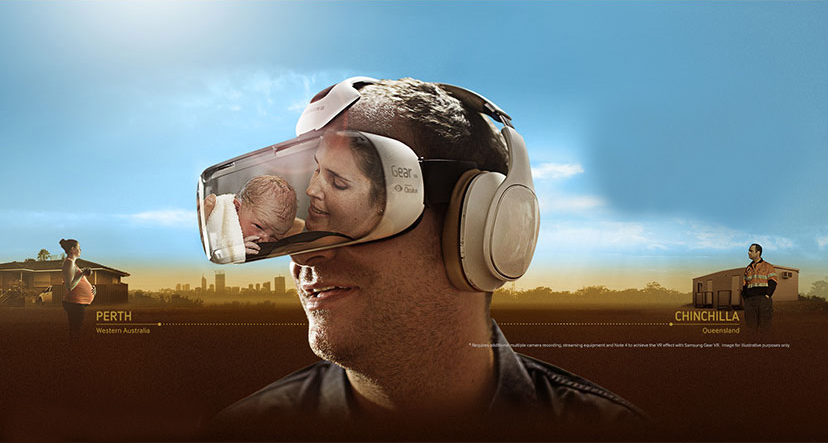In this blog entry, Hanjong Lee, head of Samsung Display (SDC) marketing and sales operations in U.S. shares the outlook for OLED display applications in the virtual reality market.
Lately, the trend commanding the most attention in the global consumer electronics industry has been the increasing popularity of virtual reality (VR). VR enables you to combine both visual and spatial experiences into a single, powerful feeling — of being immersed into the world you are shown, while inside cyber space. To put it more simply, with the latest VR gear, you get the distinct impression that you are actually in the midst of what you are watching.
For example, the New York Times has begun to provide VR news to readers. If you watch the NYT’s Virtual Reality segment ‘The Displaced’ using a VR device like Samsung Gear VR, you will experience vivid reporting scenes not in your room, but in a war-torn classroom or in the middle of a field where children from refugee camps labored.
 |
|
Samsung's OLED displays for VR market applications. (Photo courtesy of Samsung) |
Yes, the world of VR is spreading its influence on the global market by reflecting reality in a variety of highly realistic ways – whether they are gaming environments, global vacation spots or places that are at the center of the daily news. With today’s VR, you can enjoy an enormous amount of content beyond the constraints of time and space. It also can save you precious time and money from having to go to some of the places reachable by VR.
This year, several new VR devices, in particular Samsung Gear VR, Oculus Rift, Vive and PlayStation VR, will either be unveiled in the global market or have new enhanced versions introduced. These four devices share a critical component: All make use of Samsung’s OLED displays, which each uses to maximize the immersive VR experience in its own way.
Why Samsung’s OLED? Because these displays deliver incredibly vivid images with extremely fast response times, criteria well suited to VR content. OLED’s response time is 1,000 times faster than a liquid crystal display (LCD). Moreover, its abundant colors and virtually unlimited contrast provides images that approximate reality as closely as possible.
To add to the rising interest, the VR software market is expected to grow almost as fast as the VR hardware market. Using VR devices, you can experience an incredible array of content even today. In the world of VR, you can watch a sports tournament at the actual stadium where it is being played, a music concert at a world-renown venue, or an art exhibition at a famous museum. VR content can be used for education, social media or attractions in an amusement park, as well as for online games, movies and special promotions.
According to research firm TrendForce, an estimated 14 million VR devices will be sold this year, with VR hardware and software becoming a US $70 billion annual industry by 2020.
VR is going mainstream largely because advancements in technology are assuring we can deliver clear image resolution and natural images. We have no doubt that most of you can look forward to experiencing a more realistic VR world, beginning later this year. Watch for it!
Related post(s):
1. From Science Fiction to Reality with Samsung Foundry
2. The New Samsung Display Embracing both OLED and LCD Technology
3. Pioneering the New Mobile World of Bended, Curved and Flexible Displays
4. What is Samsung’s Next Step for Achieving Better Performance and Greater Power Savings in Servers?
5. Samsung Display: Restructured and Raring to Grow












